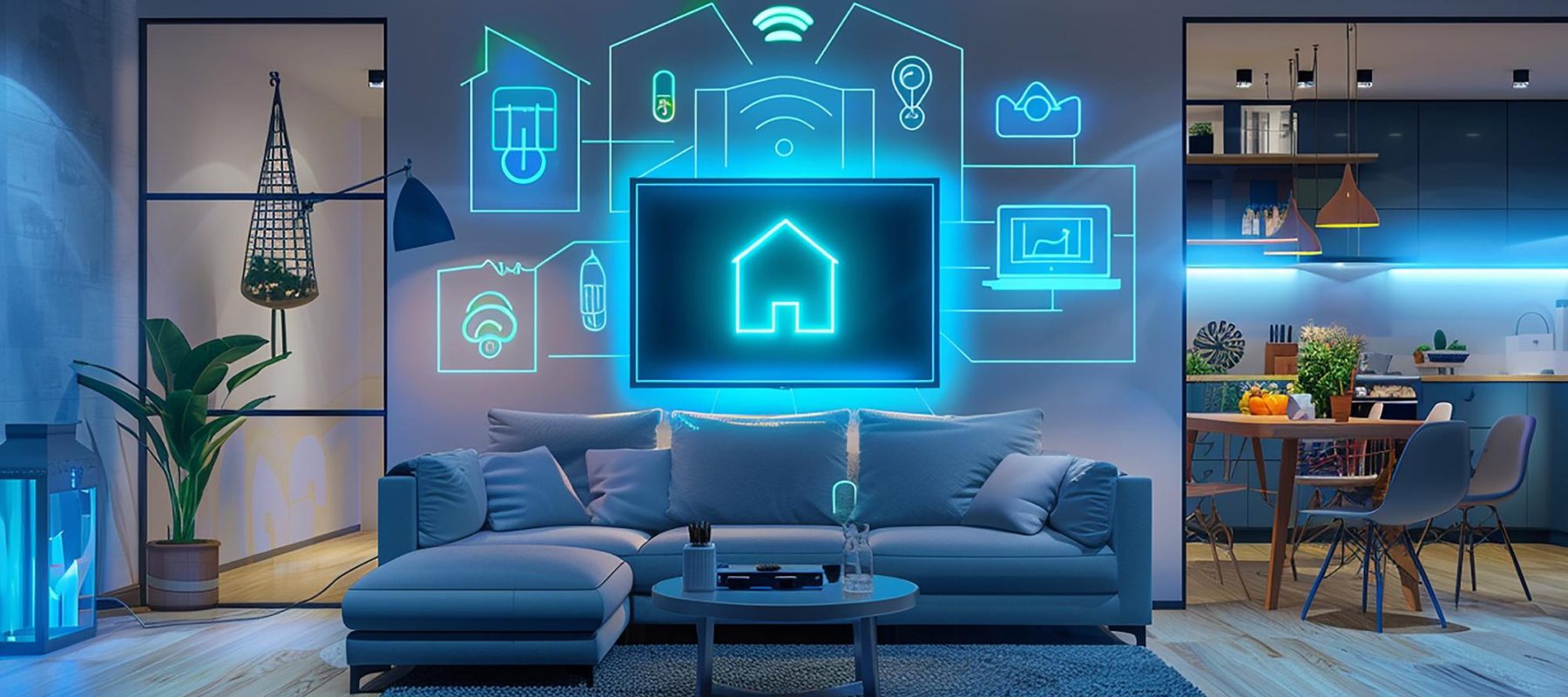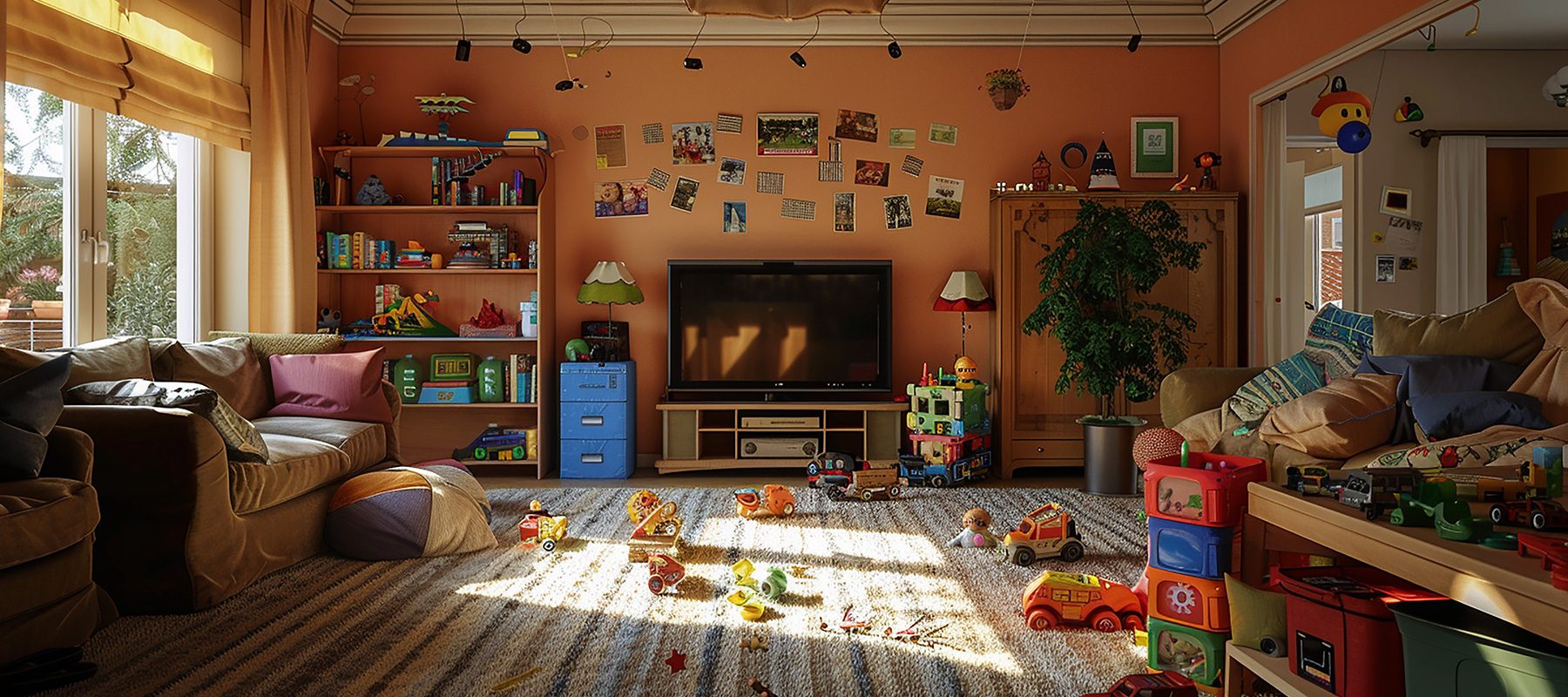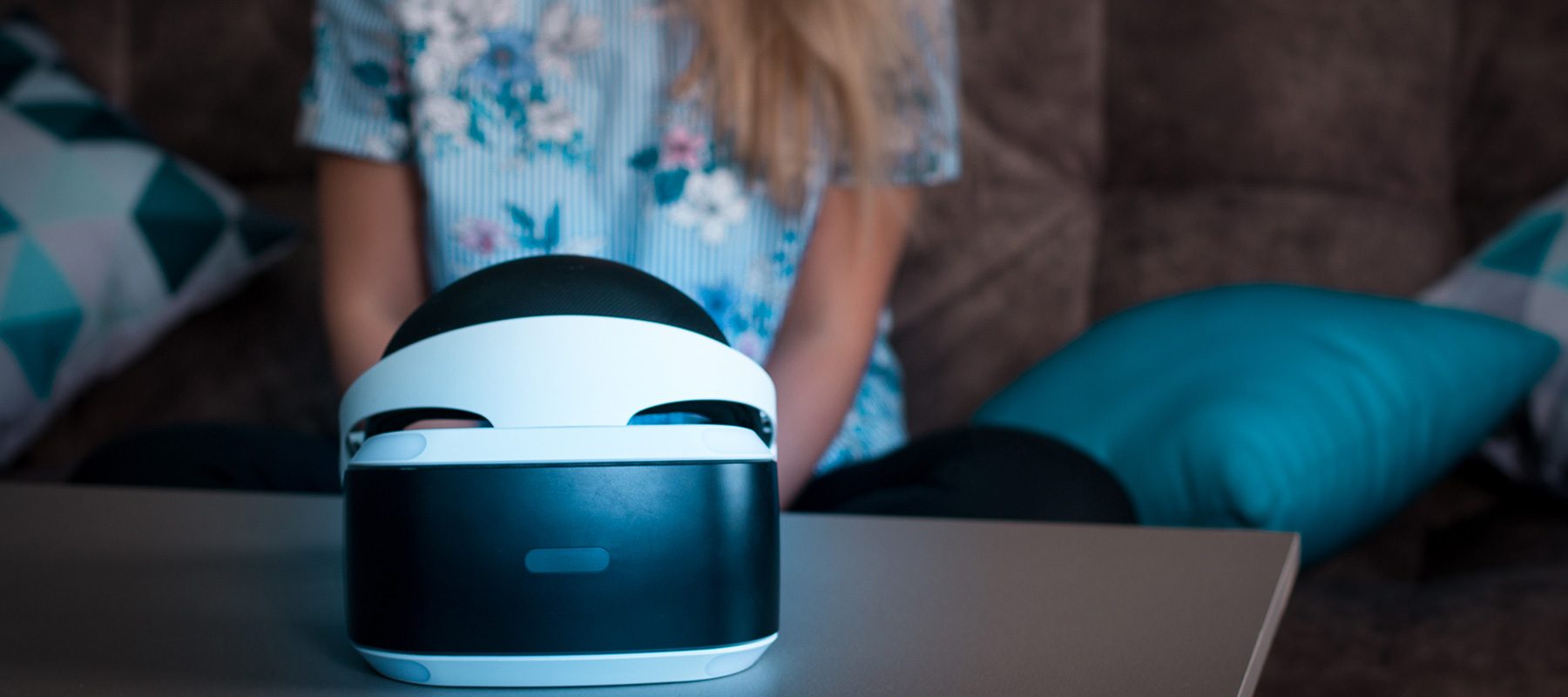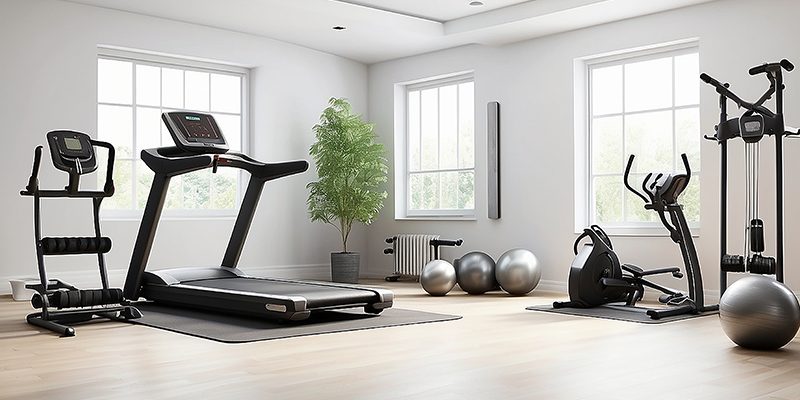A smart home sounds fascinating, like something out of a sci-fi novel. You can control everything in your house by tapping your phone or tablet. If you are new to this concept, read on to learn more about smart home systems.
What is a Smart Home technology?
A smart home is a convenient household where homeowners can control different appliances and devices remotely from anywhere using an internet connection. In other words, it is a residence where internet-connected devices control and manage diverse appliances and systems, including lighting and heating.
Smart home technology, or home automation technology, provides homeowners with security, comfort, energy efficiency, and convenience. They can easily control smart devices using a smart home app on their phone, tablet, or networked device.
How Does a Smart Home technology Function?
A smart home does not mean a collection of disparate smart appliances and devices. Instead, it is the space where the devices work together to create a remotely controllable system for more convenience. Smart home technology can control everything from door locks, TVs, home monitors, cameras, and lights to large appliances like refrigerators. These smart appliances come with self-learning skills that enable them to adjust according to the homeowner’s schedule and preferences.
Examples of Smart Home Technologies
As technology has entered every space nowadays, people have witnessed the introduction of a smart home with automated dishwashers and washing machines. Here are some common examples of households using smart home technologies.
Smart TVs
These televisions are connected to the internet to access content via diverse applications like Netflix and YouTube. Some smart TVs also feature voice or gesture recognition.
Smart Lighting System
Besides being controllable remotely and customized, smart lighting systems feature the ability to detect the presence of people in the room and adjust lighting as needed. Also, you can find some smart lightbulbs that can regulate themselves based on the availability of daylight outdoors.
Smart Thermostats
These devices have integrated Wi-Fi, allowing homeowners to schedule, control, and remotely monitor home temperatures. They also learn homeowners’ behaviors and preferences to automatically modify the temperature setting and efficiently offer the most comforting experience.
Smart Door Looks
Highly preferred by homeowners, these smart locks grant or deny access to visitors. Some door lockers even have high detection power to detect residents approaching and unlock the doors for them in advance.
Smart Security Cameras and Systems
The benefits of security cameras are undeniable, but with smart security cameras and security alarm systems, homeowners can keep an eye on their spaces while away. Their smart motion senses can distinguish between residents, guests, pets, and burglars and can connect with the authorities if any chary activity is detected.
Smart Plugs
These plugs are connected to wall sockets to upgrade simple home devices, like lamps and ceiling fans, into smart devices, which can be controlled remotely via smartphone apps or voice assistants like Alexa.
Smart Pet and Lawn Cares
Smart pet care can be automatically connected with feeders. Likewise, indoor plants and outdoor plants can be watered using connected timers.
Smart Kitchen Appliances
Popular kitchen appliance brands like LG and Samsung offer smart kitchen appliances, such as smart coffee makers that can offer a cup of coffee at a set time, smart refrigerators that keep track of food items stored inside and many more.
Smart Household Monitors
Household system monitors are great in making homeowners’ lives easier. They can sense a power surge and turn off appliances. Likewise, they also sense water failures and turn off the water to prevent flooring at home.
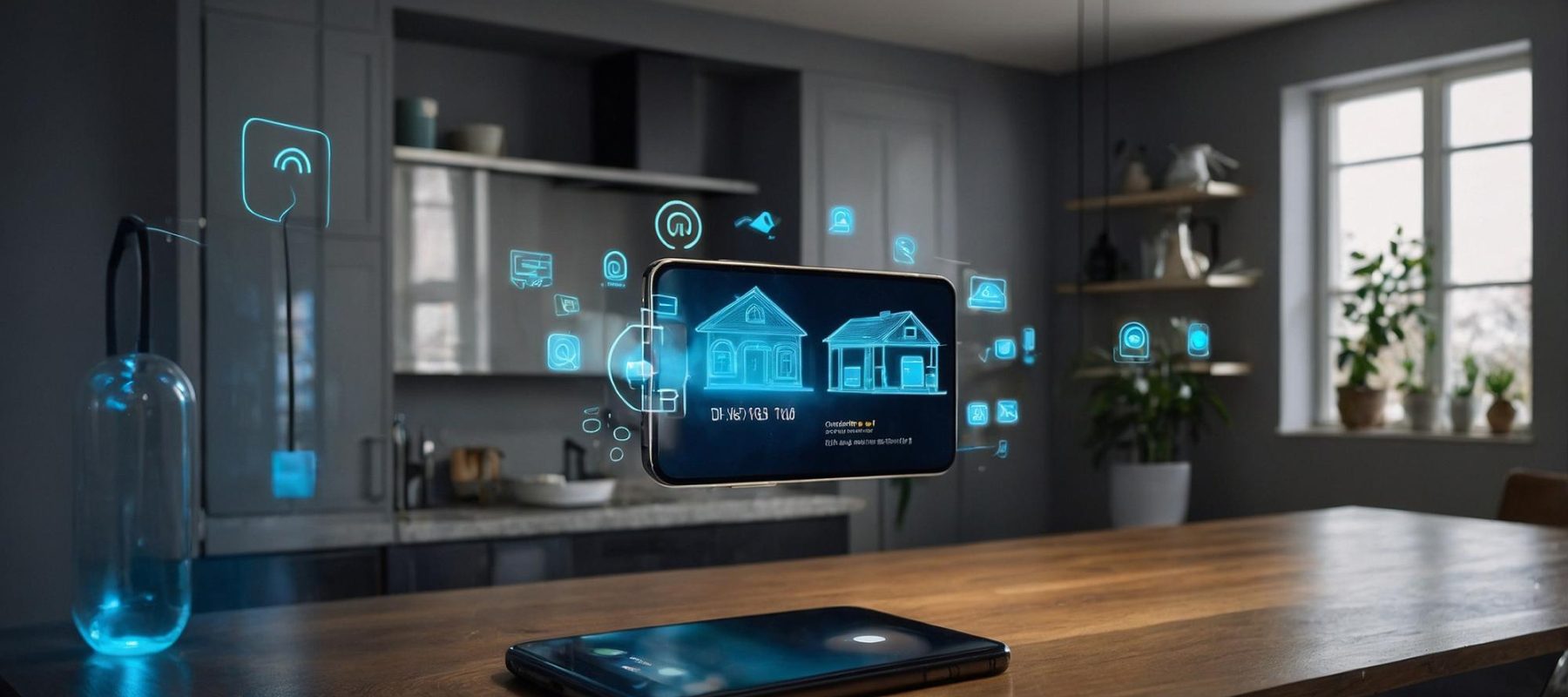
Advantages of Smart Home Technology
Installing a smart home technology system at home can provide much convenience to homeowners. Rather than controlling and monitoring all appliances using different devices, homeowners can control them using just one device – a smartphone or tablet.
Since smartphones and tablets are portable devices, homeowners can constantly receive updates and notifications on issues in their homes. For example, smart security systems allow homeowners to check and communicate with people who come to their doors even when they are not at home. Likewise, they can set and control their home temperature, lighting, and other appliances. Irrespective of the cost of the smart security system, homeowners can always safeguard their homes. Similarly, they can benefit significantly from installing a smart home system. Plus, appliances and electronics can be used more efficiently while lowering energy expenses.
Disadvantages of Smart Home Technology
A smart home technology system can bring challenges despite offering convenience and lowering energy expenses. There can be security bugs and hacking risks, which continue to be a matter of concern in the world of technology. Hackers can easily gain access to any smart home’s internet-connected appliances, making it a concerning topic among smart home technology users.
Besides, smart devices cannot be accessed when the network goes down or with an unreliable internet connection. Oftentimes, homeowners also worry about the security of their personal data collected and spread by smart home devices. Above all, the cost of installing a smart home system is a significant drawback. Even though the pricing is decreasing, many smart home devices are still expensive, and transforming an entire house into a smart home can cost several thousand dollars.
How Much Does a Smart Home Cost?
With every passing day, more and more smart home devices are brought into the market, putting pressure on manufacturers, competition, and prices. However, the technology used in the devices is also evolving, making them expensive again. So, while considering creating a smart home, perform an overall cost analysis to determine whether the final cost exceeds the convenience.
The cost of setting up a smart home can exceed $10,000 for a house with four bedrooms and three bathrooms. However, it may vary depending on the number of smart devices you want to install.
The Final Takeaway
Thanks to technology and innovation, smart homes definitely make everything more accessible for people. Now that you have come to know about the concept of smart homes, why don’t you transform your home into your smart-tech buddy? Comment down below with your thoughts and views.
For more home decor and improvement blogs, visit Home Online Solutions today!

I’m Emma Kennedy, a home solutions expert with a passion for simplifying the art of living well. With a background in design and a knack for creative problem-solving, I focus on offering practical advice that helps homeowners turn their spaces into true reflections of themselves.


